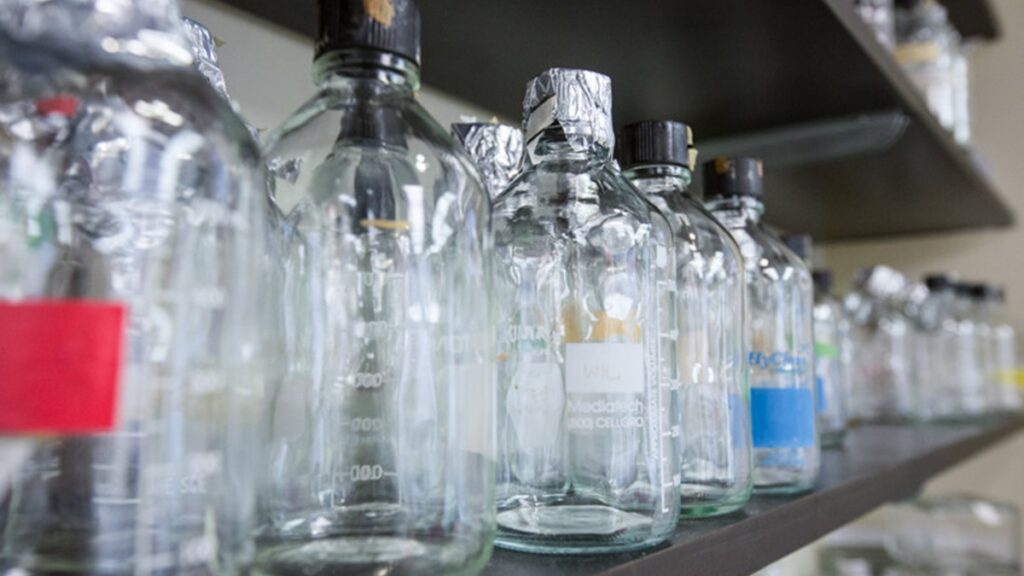Masters in toxicology is a two-year degree program specializing in applied clinical pharmacology, molecular and biochemical toxicology. This course focuses on the analysis of toxins with their metabolic impact on biological systems and their surroundings. Its curriculum encompasses a wide range of concepts like principles of toxicology, biochemistry, environmental toxicology, systemic toxicology, biochemical toxicology, cell and molecular biology, environmental, chemical carcinogenesis, molecular immune-toxicology, analytical toxicology, biostatistics, bioinformatics, and applied toxicology. M.SC toxicology is a gateway to a plethora of job opportunities in diverse domains including the ones mentioned below:
Pharmacologist:
The role of a pharmacologist involves identifying new strains for developing drugs, investigating the source of diseases, analyzing the existing database of drugs, advanced chemical combinations, and performing clinical trials for new treatments. They mostly work with a team of specialists for designing the outlook and preparation for a particular experiment. Testing hypothesis, devising advanced drugs, interpreting data, and managing laboratories is a part of their job responsibilities. Pharmaceutical companies, The Medical Research Council, Universities, and other government research organizations hire pharmacologists to advance scientific knowledge.
Lecturer:
For many graduates, a career as a lecturer is also an appealing choice. Students may pursue a Masters’ or Ph.D. to expand their expertise and ultimately contribute to research papers, head academic researchers, and begin a career as a university lecturer. The main responsibility is to teach their students about toxicology, both theoretically and practically.
Geneticist:
Patients suffering from hereditary diseases and disabilities are examined and evaluated by a geneticist. Their expert knowledge of this subject area is also used in the fields of medicine and agriculture to create new strategies for new treatments, discoveries, and developments. A biomedical geneticist is equipped with an excellent technological skillset to work on software dealing with genetic information.
Clinical Research Specialist:
A clinical research specialist’s job description includes designing, developing strategies, scheduling, conducting, and coordinating multiple epidemiological research projects. The projects include the establishment of innovative techniques, developing medicines for combating health problems, as well as research, regulatory compliance, and manufacturing.
Environmental Toxicology Specialist:
A specialist in environmental toxicology analysis, interprets, and evaluates the harmful effects of toxins in the community. They perform clinical trials and toxicological assessments on different substances of significance.
Food Scientist:
A Food Scientist’s main goal is to research and develop food and nutritional products for the common masses. They intend to develop ways of creating advanced hygiene techniques. They are mostly hired by industries dealing with processed and canned food to maintain their quality standards while processing and packaging food items.
Various other career profiles fit into the toxicology subject area including academic toxicology researcher, healthcare specialist, research scientist, environmental toxicologist, and many other government regulatory agencies are always on the hunt for the specialist in this domain. If you are interested in pursuing a career in toxicology, then you must start looking for a college offering quality education with placement opportunities. So, sign up for the course now!
Laila Azzahra is a professional writer and blogger that loves to write about technology, business, entertainment, science, and health.
